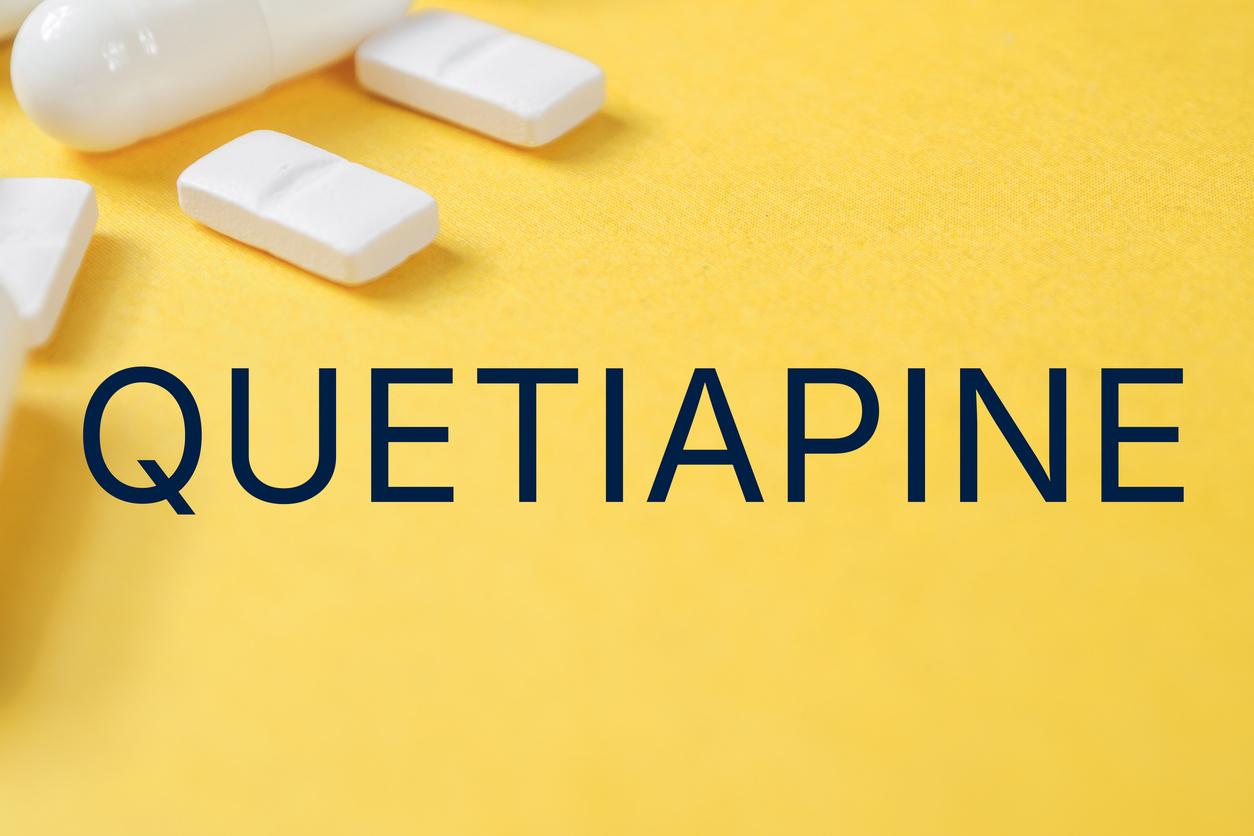Faced with the proliferation of “miracle methods” to lose weight, the Medicines Agency will strengthen its controls and warn the general public against products that can be dangerous.

In terms of weight loss, the National Agency for the Safety of Medicines and Health Products (Ansm) has just decided, we can no longer just let it happen. In the report expertise on the assessment of the risks associated with the use of health products for weight loss that it has just published, the Ansm warns in particular against the dangers of the Internet.
Even if in France, the sale of drugs outside pharmacies is not authorized, it is very easy to surf the web to find products, devices or “miracle” methods sold with the tempting promise of a significant loss of money. weight. According to the World Health Organization, 50% of drugs purchased on sites are counterfeit. It is true that the commercials promise to lose 5 to 10 pounds in record time. Attractive offers especially for those who have been fighting for a long time against the needle of the scales.
Along with these ineffective molecules, others can be dangerous for health. “Certain products presented as food supplements may contain one or more medicinal substances which have contraindications”, warns the Ansm.
Some experts temper the Agency’s warnings about the internet. They recognize the abuses but also insist on the fact that there is today a certain regulation. Google for example created a consumer protection unit and at the same time nowadays people are more and more informed. For Jean Michel Cohen, nutritionist, this report tends to present the web as a monster ready to swallow us. Instead of talking about these dangers, one day, he said, we will have to ask the Internet and these actors to ensure the safety of consumers.
Listen to Dr Jean Michel Cohen, nutritionist: “There must be a net police. In any case, you have to be pragmatic, the internet sales channel continues to progress, it will not help to ban it. “
But the danger associated with weight loss products is not only on the internet. The drug agency decided last May to also clean up the magistral preparations made in pharmacies. Prescribed by the doctor, they are prepared in pharmacies for a specific patient, due to the lack of available medication. Three plants and 26 substances which are usually used in the composition of these slimming preparations have been banned. As for the others, they are now more strictly monitored, just like drugs.
Listen to Bernard Delorme, responsible for patient and public information at ANSM: “The disadvantage of masterful preparation is that the surveillance is less good, so the warning signals will be raised later. “
Even the natural is not without risk
In the fight against pounds, herbal weight loss potions have been on the rise for several years. Indeed, it is sometimes safer to turn to so-called “soft” methods. Here too, the Ansm insists in its report on these preparations. Although they are often perceived as natural, they are not without risks. Checks carried out at certain dealers have already shown deficiencies. Very random composition, approximate active product concentration, the health authorities found themselves on several occasions with analytical results for which the quality and safety of the products were no longer guaranteed.
No miracle product
In our society where the cult of thinness has never been so present, the Ansm report ultimately leaves little room for weight loss products and other potions. The Agency reminds both the public and health professionals that weight loss is not a trivial act and can have consequences on health.
Of course, it is always recommended for people wishing to lose weight to be supported in a comprehensive, individualized and long-term manner, all under the control of an experienced healthcare professional.
The report still leaves the door open to certain drug treatments for obesity or overweight, when the patient fails despite the implementation of dietary changes and the practice of physical activity. There are only two drugs available in France today, both based on orlistat, a substance that acts on the digestive tract by limiting the absorption of fat. Despite everything, the Agency underlines a lack of efficacy of these treatments in 11% of cases as well as the existence of adverse effects.
.
















